The Ableism Surrounding James Martin's Historical Oscar Win
James Martin made history by becoming the first actor with Down syndrome to win an Academy Award this past weekend - a well deserved and monumental award. Amidst this news, we must push back on the way media outlets have chosen to report on this milestone. Ableist coverage of Martin's win has ultimately resulted in erasure, and it is high time we confront these issues head-on. In this article, we will discuss the harmful impact of continuously referring to James Martin as "actor with Down syndrome" rather than acknowledging his name and achievements. In addition, we will delve into the infantilization displayed on stage in the form of a “Happy Birthday” serenade. Our goal is to shed light on the importance of representation, respect, and relevant conversations among media and entertainment professionals in the pursuit of a more inclusive world.
The harmful implications of erasure
Erasing someone's identity by reducing them to a label has a profound impact on the way society perceives the person as an individual. The spotlight should be on James Martin's talent, hard work, and the barriers he has broken for actors with disabilities. Continuously referring to him as "actor with Down syndrome" strips him of his accomplishments and reinforces harmful stereotypes. Instead of celebrating Martin's much-deserved Oscar win, this coverage forces him into a box and denies him the recognition - and individuality - he has earned.
Representation is crucial in shaping the way people view themselves and others. By continuously referring to James Martin as "actor with Down syndrome," the coverage creates a narrative that people with disabilities are inherently less capable or less deserving of recognition than their able-bodied counterparts. This damaging portrayal perpetuates negative stereotypes and fosters a cycle of marginalization. To break this cycle, we must uplift and celebrate diverse voices and experiences, which includes acknowledging individual achievement without disregarding their identity.
Infantilization and its consequences
Infantilization is the act of treating someone as a child, which disempowers and undermines their authority, intelligence, or capability. This is a prime example of how intent does not equal impact - I’m certain those who suggested the birthday celebration did not intend to infantilize Martin’s accomplishments, but would they have done the same thing if the actor hadn’t had a disability? When the Oscars ceremony chose to sing "Happy Birthday" on stage to celebrate James Martin's win, his historic achievement was belittled. Such actions would not be expected in the case of an able-bodied actor winning an award. Infantilizing a disabled individual is dehumanizing and sends a harmful message to society regarding their abilities and achievements.
If your knee jerk reaction is to push back and say “it was sweet” or “it was special” I invite you to remember that disabled people do not exist to make non disabled people feel warm and fuzzy on the inside when they do “kind” things for us. Expressions of pity, or awe, towards people with disabilities further widen the gap between them and their non disabled peers. Respect is the acknowledgment of an individual's abilities and potential, regardless of their disability status. Treating James Martin with respect means recognizing him for his accomplishments, while also acknowledging the challenges he has faced and overcome. Celebrating his achievements as an actor, while also acknowledging his groundbreaking status as a disabled individual, rather than a person with Down Syndrome with a birthday, allows Martin to stand on equal footing with his peers.
Creating change through conversation and education
It's important to acknowledge that the people creating this narrative are not disabled themselves. The publication where we pulled the cover image from is literally a "disability centric" digital publication. Disability Scoop describes themselves as "the nation’s largest news organization devoted to covering developmental disabilities. With daily coverage of autism, intellectual disability, cerebral palsy, Down syndrome and more, no other news source offers a more timely and comprehensive take on the issues that matter to the developmental disability community."
This is interesting considering the publication was founded and is currently run by two people without disabilities, they are simply disability adjacent. The anthem of the disability community has been "Nothing About Us Without Us" for over half a century, implying that disabled people need to be involved in decision making when it comes to how we are included - and that extends to inclusion in media.
Media professionals must let disabled creatives take the lead in reshaping society's perception of people with disabilities. They can start by educating themselves and engaging in conversations around disability representation, ableism, and systemic issues can shift public opinion and create meaningful change. As allies, they must hold media outlets and others accountable for their ableist coverage of James Martin's Oscar win. Allies must use their platforms to elevate the voices of disabled people and influence to amplify and uplift the voices of marginalized communities in pursuit of genuine representation and progress.
To learn more about how to educate yourself - and your team - about appropriate inclusion media best practices reach out to us at kelsey@misfitmedia.com
